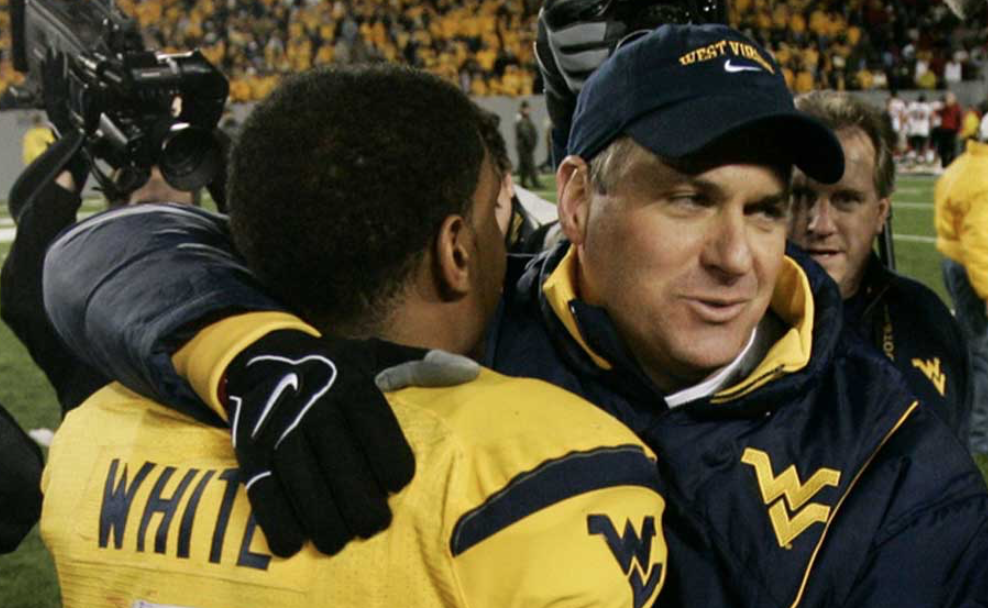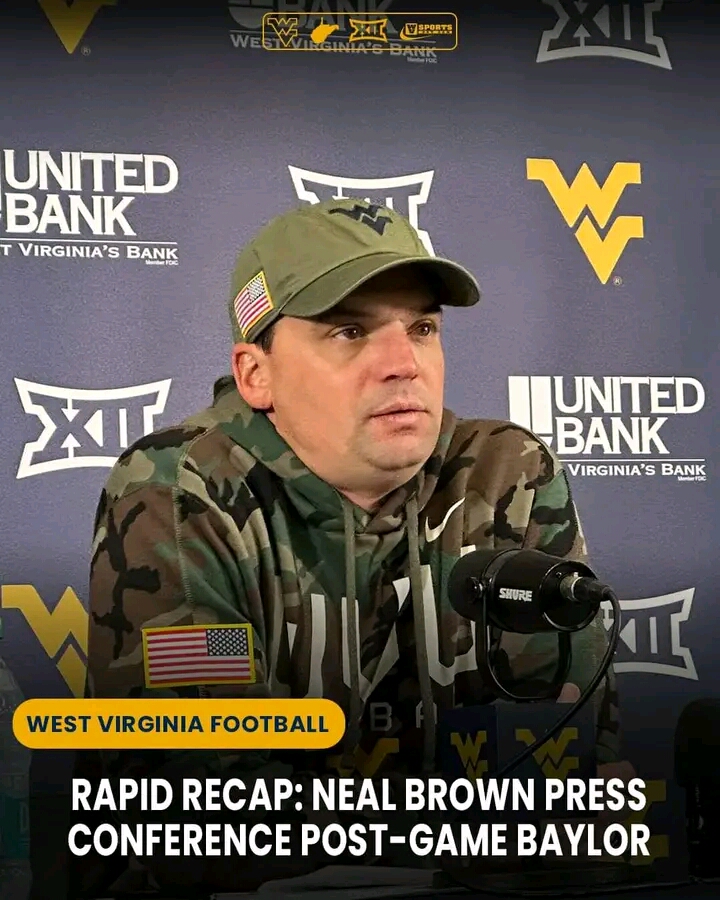In a significant development for college athletics, U.S. District Judge Claudia Wilken has mandated changes to the roster limits proposed in the House v. NCAA settlement. This decision comes after concerns were raised about the potential negative impact on athletes, particularly walk-ons and those in non-revenue sports.
Background of the Settlement
The House v. NCAA lawsuit, initiated in 2020 by athletes including Grant House and Sedona Prince, challenged the NCAA’s restrictions on athlete compensation. The resulting settlement, valued at $2.78 billion, aims to allow schools to pay athletes directly and eliminate certain scholarship limits. However, the introduction of new roster limits has sparked controversy.
Judge Wilken’s Ruling
Judge Wilken’s recent order requires the NCAA to revise the settlement to include protections for athletes who may lose their roster spots due to the new limits. The proposed changes would “grandfather” in athletes who have already been cut, allowing them to retain their eligibility if they transfer to another institution. This move addresses concerns that the initial proposal did not adequately protect affected athletes.
Reactions from Affected Athletes
The ruling has been met with mixed reactions. While some athletes and advocates welcome the increased protections, others argue that the changes do not go far enough. Critics contend that the reinstatement of affected athletes should be mandatory, not optional, and that schools should not be allowed to justify cuts without challenge.
Broader Implications for College Sports
The settlement and subsequent rulings represent a pivotal shift in the landscape of college athletics. If finalized, the agreement would permit schools to directly compensate athletes and expand scholarship opportunities, particularly in football and basketball. However, the introduction of roster limits has raised concerns about the future of walk-on programs and the equitable distribution of opportunities across various sports.
Next Steps
The NCAA and the plaintiffs have until Friday to submit revised language that addresses the court’s concerns. Judge Wilken’s final decision will determine whether the settlement proceeds as amended or if further legal action is necessary.
As this case continues to unfold, it underscores the ongoing debate over the balance between athlete compensation and institutional control in college sports.




